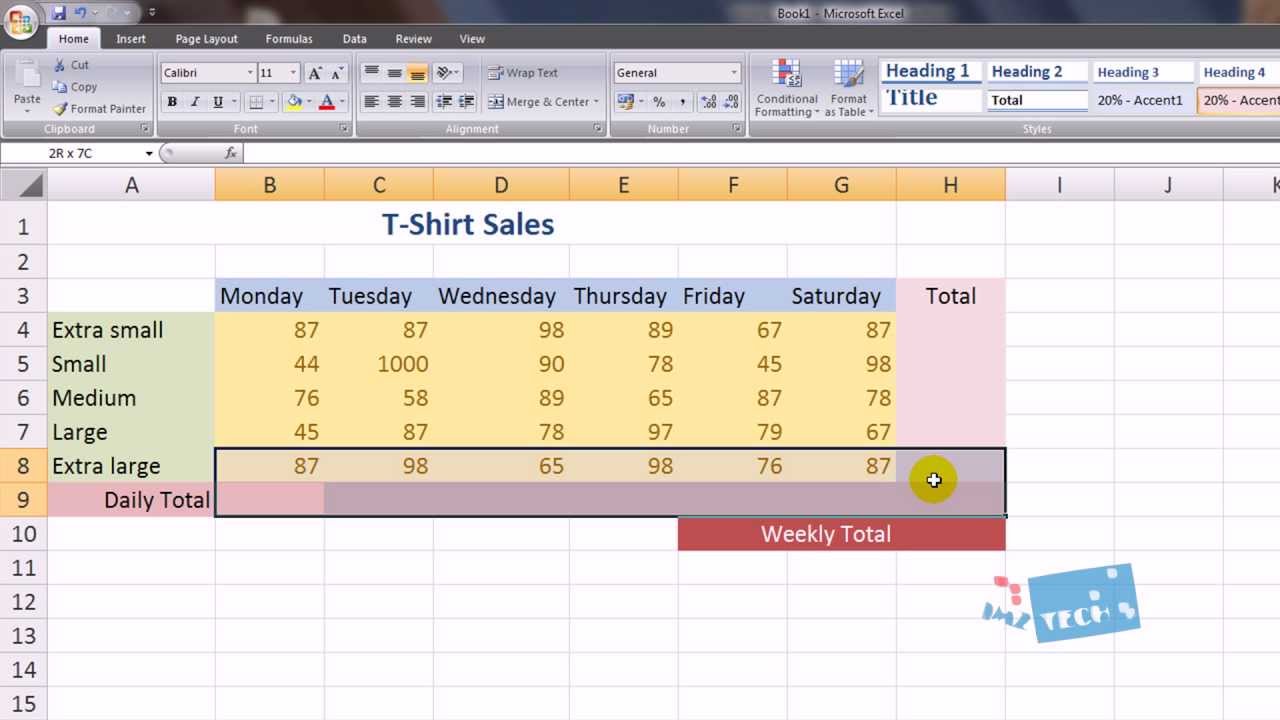Real Estate Paperwork: What You Need for Purchases

Introduction to Real Estate Paperwork


Navigating the complex process of buying real estate involves more than just finding your dream home. Understanding the real estate paperwork is essential to ensure the transaction goes smoothly. This post will guide you through the various documents needed when purchasing property, explaining their significance and what each entails.
The Essential Documents

1. Purchase Agreement

The purchase agreement or sales contract is the cornerstone document in any property transaction. This contract outlines:
- The agreed-upon purchase price
- Terms and conditions of the sale
- Details on financing, earnest money deposit, and contingencies
📝 Note: Make sure to review this document thoroughly with your real estate agent or attorney before signing to ensure all terms are agreeable and protect your interests.
2. Property Disclosure

In many regions, sellers are legally required to disclose any known issues or defects with the property. This disclosure can include:
- Past or current structural damages
- Environmental hazards
- Legal issues, like liens or disputes with neighbors
3. Title Search and Insurance

A title search is conducted to ensure the property is free of any claims or liens. The documents involved include:
- Title Search Report: Verifies the property’s ownership history and legal rights.
- Title Insurance Policy: Protects the buyer from future financial losses if the title is found defective.
| Document | Purpose |
|---|---|
| Title Search Report | Verifies property title |
| Title Insurance Policy | Provides protection against title defects |

4. Home Inspection Report

While not a legal document, the home inspection report gives detailed information on the condition of the property. This document:
- Highlights necessary repairs
- Can be used to negotiate the price or request repairs before purchase
5. Mortgage Documents

If you’re financing your home purchase, you’ll encounter numerous mortgage-related documents:
- Mortgage Application: Details about your finances and the property.
- Promissory Note: Your promise to repay the loan with interest.
- Mortgage or Deed of Trust: A legal agreement creating a security interest in the property.
- Loan Estimate: Disclosure by lenders detailing loan terms, costs, and rates.
Notes on Reviewing Documents

When going through these documents:
- Ensure you understand each clause.
- Seek legal advice for complex issues.
- Keep copies of all signed documents for future reference.
📝 Note: Always keep communication lines open with your real estate agent or lawyer throughout the process to clarify any uncertainties.
Wrapping Up Your Real Estate Purchase

Completing the paperwork is a critical step in securing your new home. By understanding and managing each document effectively, you safeguard your investment and ensure a seamless transition of property. Remember, attention to detail and due diligence can prevent future legal issues and financial surprises. Whether it’s navigating the purchase agreement, ensuring proper disclosure, or protecting yourself with title insurance, each piece of paperwork has its role in the intricate dance of buying real estate.
What is the difference between a purchase agreement and a mortgage agreement?

+
A purchase agreement is a contract between the buyer and seller outlining the terms of the sale, whereas a mortgage agreement is a contract between you and the lender detailing the loan terms for financing the property.
Why is title insurance necessary?

+
Title insurance protects against financial loss from defects in title like unknown liens, fraudulent claims, or mistakes in public records. It provides peace of mind that you have a clean title to your property.
What should I do if I find undisclosed issues after the disclosure document?

+
Seek legal advice immediately. Depending on local laws, you might be able to negotiate for repairs, price reduction, or in some cases, rescind the contract if the issue is significant.



